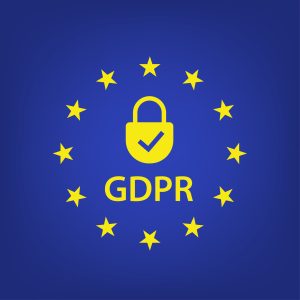Search
Digital Omnibus: European Commission Position on Changes to EU Digital Rules
Posted
The European Commission has published its regulatory proposal for the EU Digital Omnibus, a package of amendments seeking to streamline EU rules on data protection, artificial intelligence and digital regulation in an effort to improve EU competitiveness. For more information on the background to the Digital Omnibus, see our earlier briefing here. The Digital Omnibus is split into two regulations, one targeting the AI Act and another targeting other EU digital regulations.





